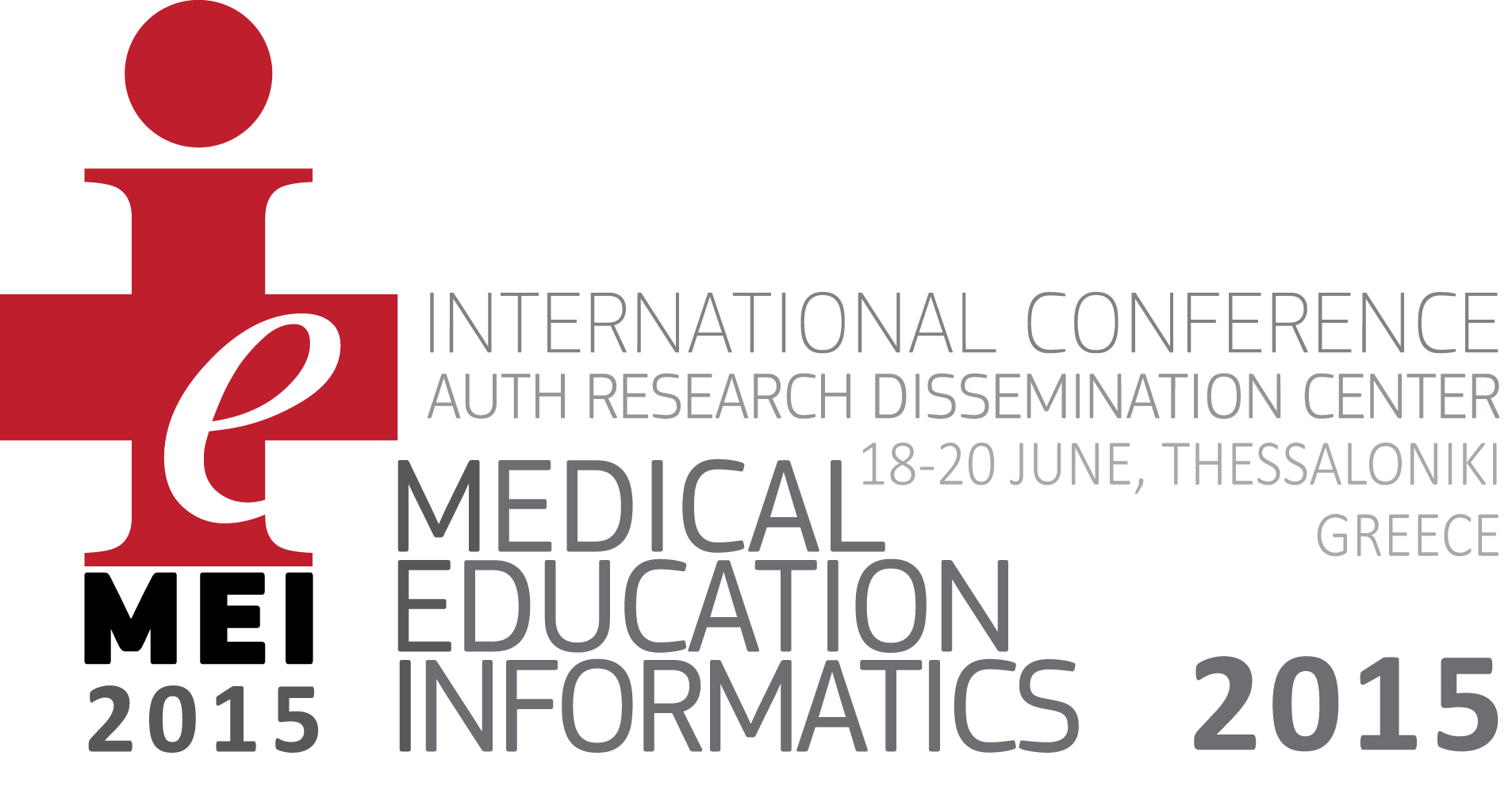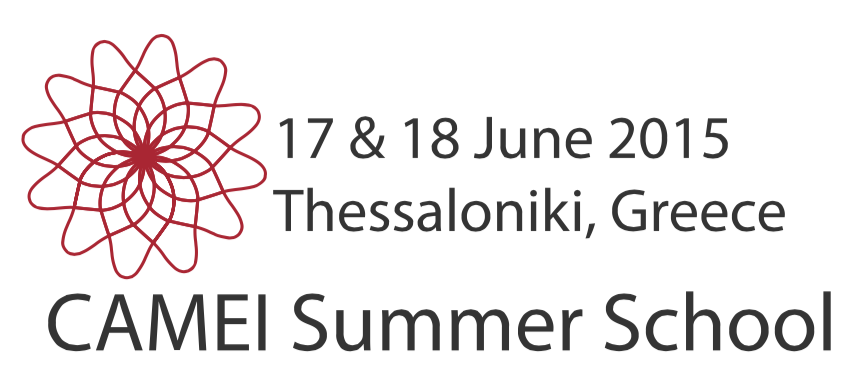You are here
Home › Technologies for care – the imperative for upskilling carersTechnologies for care – the imperative for upskilling carers
Abstract:
Over a 100 million people in Europe care for a family member or friend (European Innovation Partnership 2011). Many of them are caring for an older person and indeed many are older people themselves - caring for a spouse, sibling or parent who has reached great age.
Increasingly, information and services are accessed online, yet a recent study has shown that 30% of Europeans are not online, and many of these are older people or people living with disabilities (International Longevity Centre, 2012). Telehealth and telecare innovations are being developed to support carers and the people they care for, with the potential to enable older people living with long term conditions or disabilities to stay in their own homes for longer (Moran et al. 2014).
However, older carers, and the people they care for, often have limited digital skills due to constraints such as time, resources, age, and capacity. Such limitations restrict their ability to use new and emerging digital devices and social media and may negatively influence their willingness to engage with telehealth and telecare, especially as many carers are unaware of such devices and services (Carers UK 2013). Lack of digital skills, therefore, can reduce older people’s opportunities for independence and limit the ability of both carers and cared –for people to lead productive, creative lives in accordance with their needs and interests.
Our research has shown that many carers, both family carers and paid care workers, are keen to develop not only their digital skills but also their caring skills and their knowledge of the health conditions of the people they are caring for and report favourably on the benefits of such upskilling. Care agencies are also becoming aware of the need to upskill their staff to meet the demands of 21st century care.
European Innovation Partnership (2011) Pilot on active and healthy ageing. Available at http://www.eurofound.europa.eu/resourcepacks/activeageing.htm
International Longevity Centre (2012) UK Nudge or Compel?
Moran et al. (2014) International Journal of Integrated Care (IJIC). Nov2014 Supplement, Vol.14, p5-6.
Carers UK (2013) State of Caring report
Session
Friday, 19 June, 2015 - 09:00 to 09:45


















